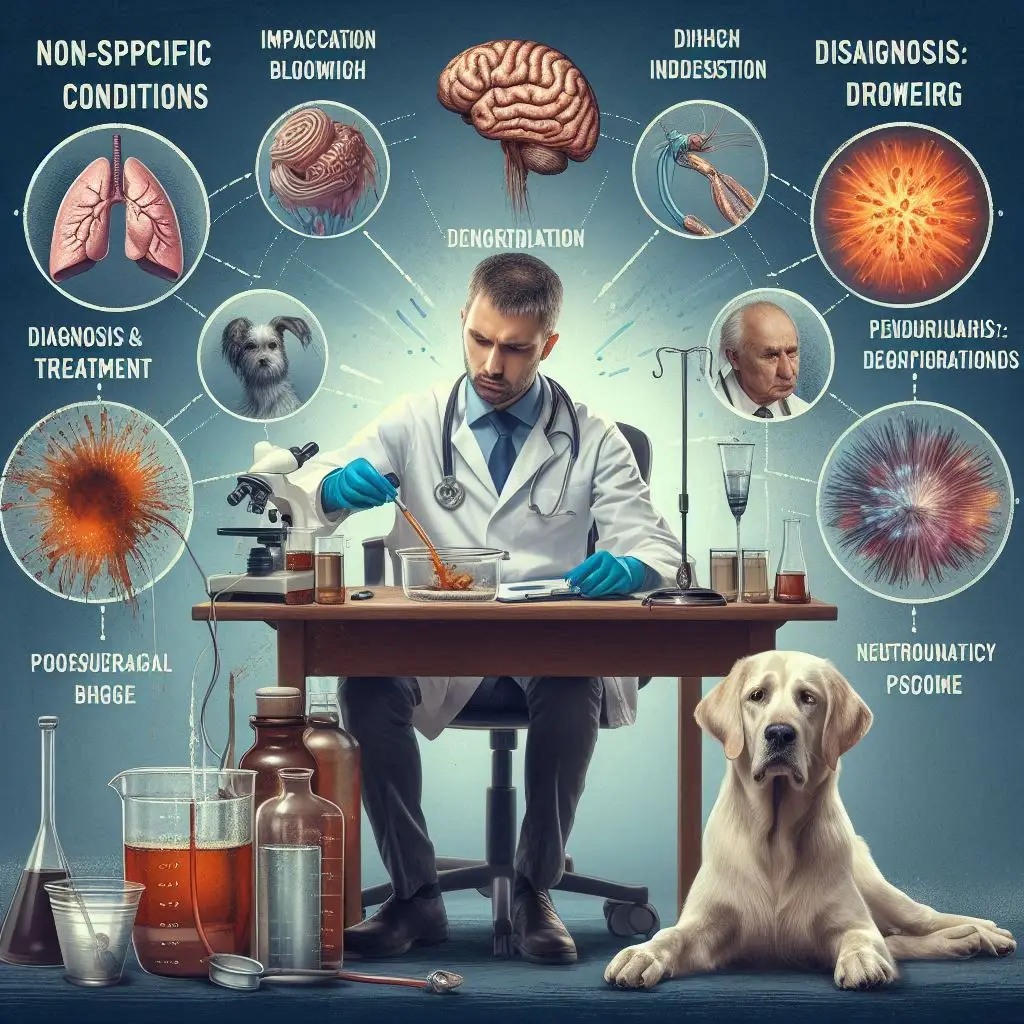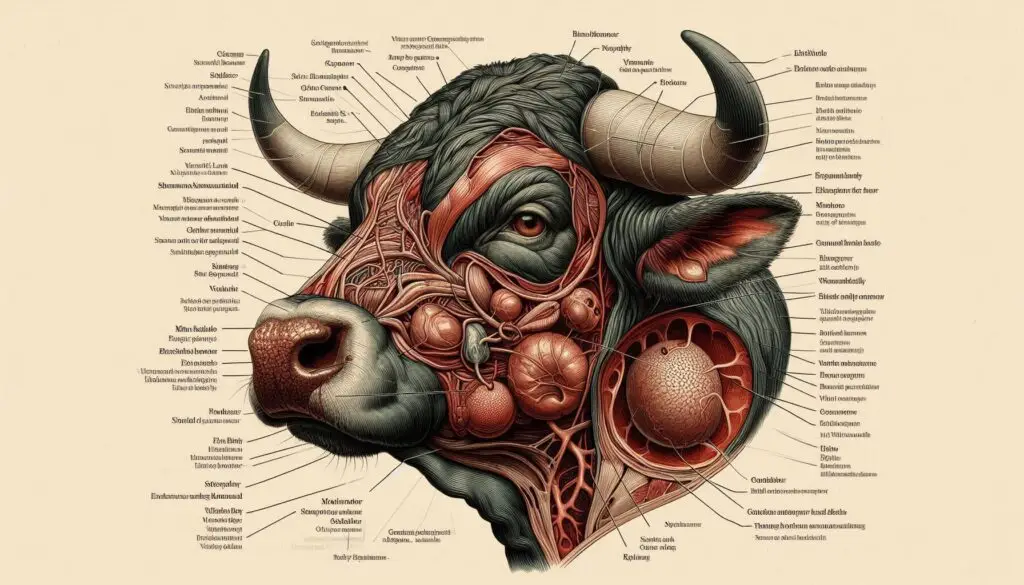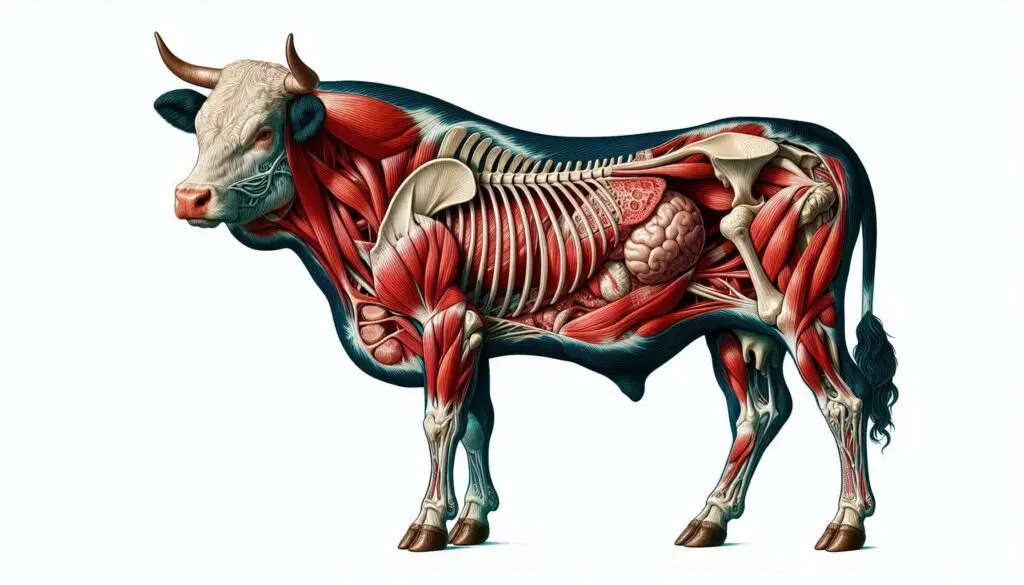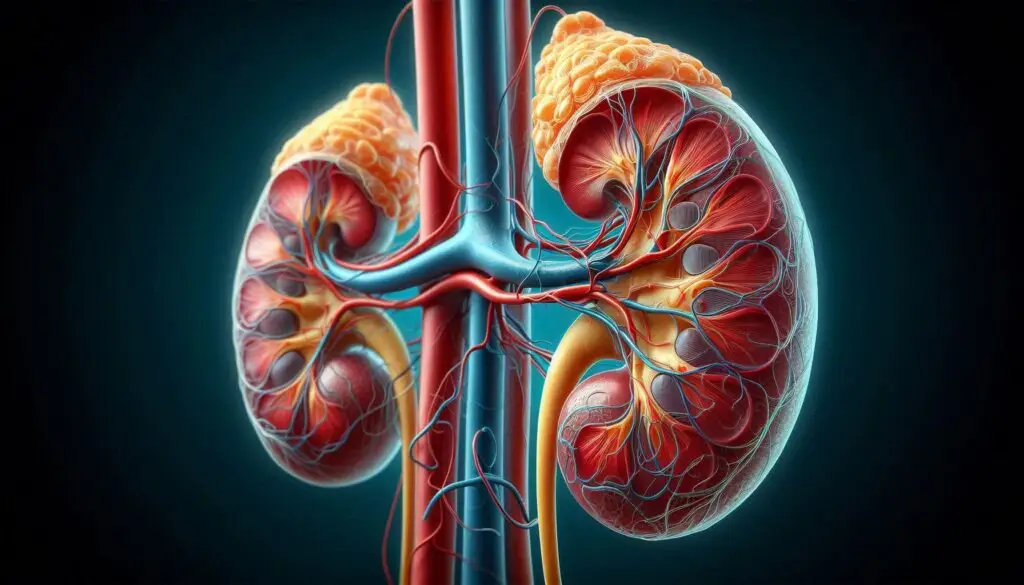Understanding and Managing Common Health Conditions

Introduction
Health conditions can arise unexpectedly and may require immediate attention. Understanding these conditions and knowing how to manage them can save lives and improve health outcomes. This article explores common health issues, including dehydration, stroke, poisoning, impaction, bloat, and diarrhea. We will discuss their symptoms, diagnosis, and treatment options.
Dehydration
What is Dehydration?
Dehydration occurs when the body loses more fluids than it takes in. This imbalance can lead to serious health issues if not addressed promptly.
Symptoms of Dehydration
Recognizing the symptoms of dehydration is crucial. Common signs include:
- Extreme thirst
- Dry mouth and skin
- Dark yellow urine
- Fatigue
- Dizziness
- Confusion
In infants, look for dry mouth, no tears when crying, and fewer wet diapers.
Diagnosis of Dehydration
Healthcare providers diagnose dehydration through a physical examination and by assessing symptoms. They may also check urine color and perform blood tests to evaluate electrolyte levels.
Treatment for Dehydration
Mild Dehydration: Increase fluid intake with water or oral rehydration solutions.Moderate to Severe Dehydration: Intravenous (IV) fluids may be necessary. This treatment helps restore hydration and balance electrolytes.
Stroke
What is a Stroke?
A stroke occurs when blood flow to the brain is interrupted. This can cause brain cells to die, leading to potential long-term disabilities.
Symptoms of Stroke
Recognizing stroke symptoms quickly can save lives. Common signs include:
- Sudden weakness or numbness, especially on one side of the body
- Difficulty speaking or understanding speech
- Severe headache with no known cause
- Vision problems
Diagnosis of Stroke
Healthcare professionals use imaging tests, such as CT scans or MRIs, to diagnose a stroke. They also assess symptoms and medical history.
Treatment for Stroke
Immediate Treatment: Time is critical. Medications like thrombolytics can dissolve clots. Surgical interventions may also be necessary.Post-Stroke Care: Rehabilitation often includes physical therapy, occupational therapy, and speech therapy. Hydration management is vital, as dehydration can worsen outcomes.
Diarrhea
What is Diarrhea?
Diarrhea is characterized by frequent, loose, or watery stools. It can be acute or chronic and may stem from various causes.
Symptoms of Diarrhea
Common symptoms include:
- Abdominal cramps
- Urgency to use the restroom
- Dehydration signs
Diagnosis of Diarrhea
Doctors diagnose diarrhea through a physical exam and by reviewing medical history. They may also test stool samples to identify infections.
Treatment for Diarrhea
Rehydration: The primary treatment involves replenishing lost fluids and electrolytes. Oral rehydration solutions are effective.Medications: Depending on the cause, antibiotics may be prescribed for bacterial infections. Persistent diarrhea may require further evaluation.
Impaction and Bloat
What is Impaction?
Impaction occurs when stool becomes hard and stuck in the intestines. Bloat refers to excessive gas in the digestive tract.
Symptoms of Impaction and Bloat
Symptoms include:
- Severe abdominal pain
- Constipation
- Inability to pass gas
Diagnosis of Impaction and Bloat
Healthcare providers diagnose these conditions through physical examinations and imaging tests, such as X-rays.
Treatment for Impaction and Bloat
Impaction Treatment: Manual disimpaction, enemas, or laxatives may be necessary.Bloat Treatment: Dietary changes can help. Reducing gas-producing foods and medications may relieve symptoms. Severe cases might require surgery.
Poisoning
What is Poisoning?
Poisoning occurs when harmful substances are ingested, inhaled, or absorbed through the skin.
Symptoms of Poisoning
Symptoms vary widely but may include:
- Nausea and vomiting
- Confusion
- Difficulty breathing
- Severe headache
Diagnosis of Poisoning
Diagnosis involves assessing symptoms and identifying the substance involved. Healthcare professionals may use blood tests for confirmation.
Treatment for Poisoning
Immediate Care: Call emergency services right away. Treatment may involve activated charcoal to absorb the poison or specific antidotes.Supportive Care: Hospitalization may be necessary for severe cases. Continuous monitoring and supportive care are crucial.
Conclusion
Understanding and managing common health conditions is essential for maintaining well-being. Recognizing symptoms early and seeking appropriate treatment can significantly improve outcomes. Always consult healthcare professionals for accurate diagnosis and effective management strategies.
For more pearls of Vets Wisdom:
https://wiseias.com/partitioning-of-food-energy-within-animals/





Responses